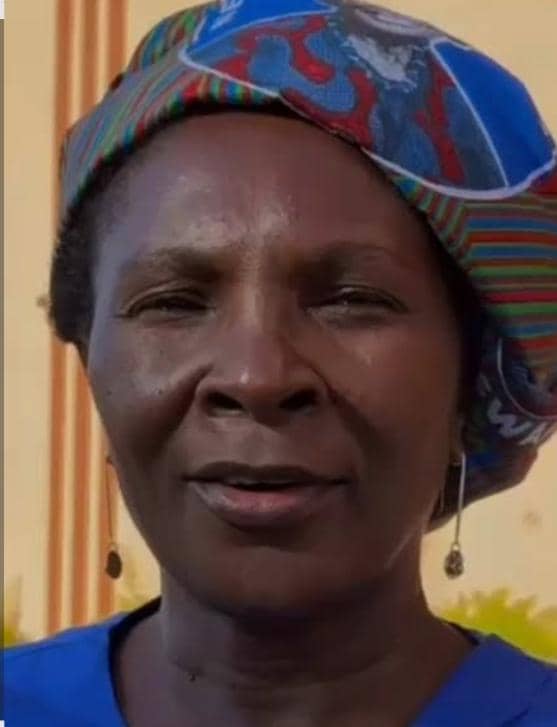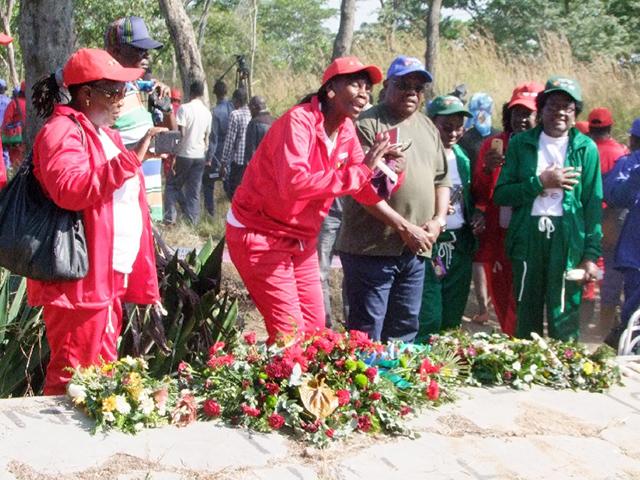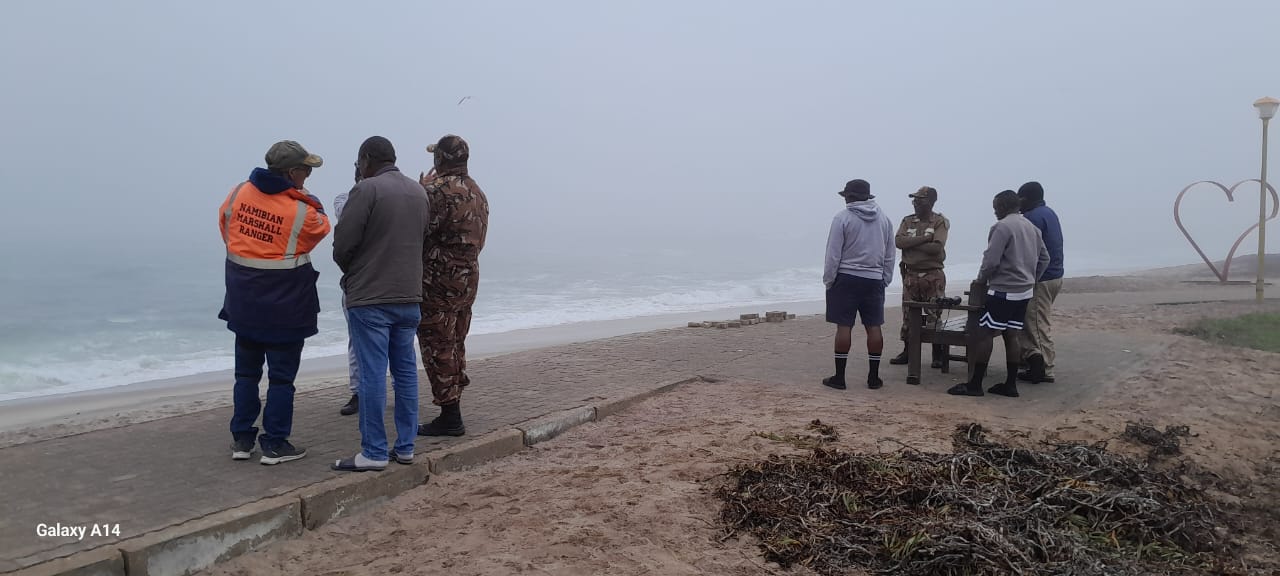SCHOOLS in the Kavango and Caprivi regions are reeling from the effects of the recent floods on buildings, teachers and students.
The effect of the floods on the educational system is visible simply from a visit to any of the relocation camps, where young people make up a significant portion of the tens of thousands of displaced flood victims.At the Lusese B camp in the Kabbe Constituency of the Caprivi region, whole schools have been relocated, including the Ikava and Iitomba Combined schools.Iitomba has already set up tents for its classes on the periphery of the large camp, where 250 households or 1 183 people have been relocated.Ikava Combined School, however, which has 340 pupils, is still awaiting tents in which classes can be held.Ikava’s school principal, Frederick Kachingo, says his students have been out of school since March, but he hopes that classes will resume in the near future.At Mbalasinte, a village that has been completely surrounded by water due to the flooding of the Chobe River on Namibia’s border with Botswana, the Mbalasinte Combined School has remained intact.But while the floodwaters that came to within metres of the school spared the school buildings, teachers and ‘home service’ pupils experienced the flood impact firsthand.The ‘home service’ concept is one in which groups of pupils live together and fend for themselves in huts provided by the school. At Mbalasinte, the 150 pupils in ‘home service’ experienced the wrath of the flood, and with their homes washed away, had to move to higher ground closer to the school. Here, they had to sleep in the open air for over a month, and just last Some of the teachers have had to endure the same fate, and have also been provided with tents closer to the school grounds.And while these new residents on the school grounds have the benefit of using the school’s ablution facilities, the lack of toilet paper and cleaning materials for the toilets compromises hygiene at the school.School principal Mulele Collins adds that there is no food for the pupils and a serious need of blankets, water purifiers, firewood, gas stoves, and any other assistance possible. He says travel is also a problem, since the school’s boat doesn’t have an outboard engine.At the Kangongo Camp in the Mukwe Constituency of the Kavango Region, Joseph Ihemba, a tenth grade pupil at Kangongo Combined School, relates a scenario applicable to many of the pupils at his school.Ihemba says the flooding of his home and many of those in his village was sudden, with many having to move in the middle of the night, with little or no chance of rescuing personal belongings. Among these personal belongings: school books.The loss of these books, he says, has disrupted his studies to the effect that the 21-year-old young man, who aspires to become a doctor, is still trying to catch up at school.’I am very worried about my studies because we don’t have books. We need exercise books and textbooks. Students are really struggling,’ he says.nangula@namibian.com.na
Stay informed with The Namibian – your source for credible journalism. Get in-depth reporting and opinions for
only N$85 a month. Invest in journalism, invest in democracy –
Subscribe Now!










